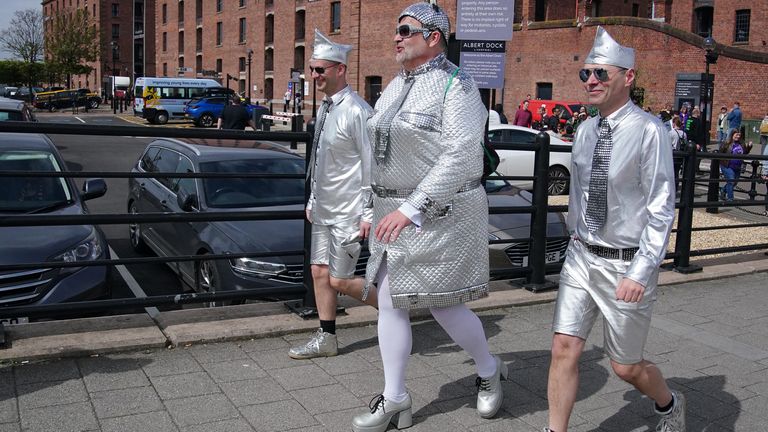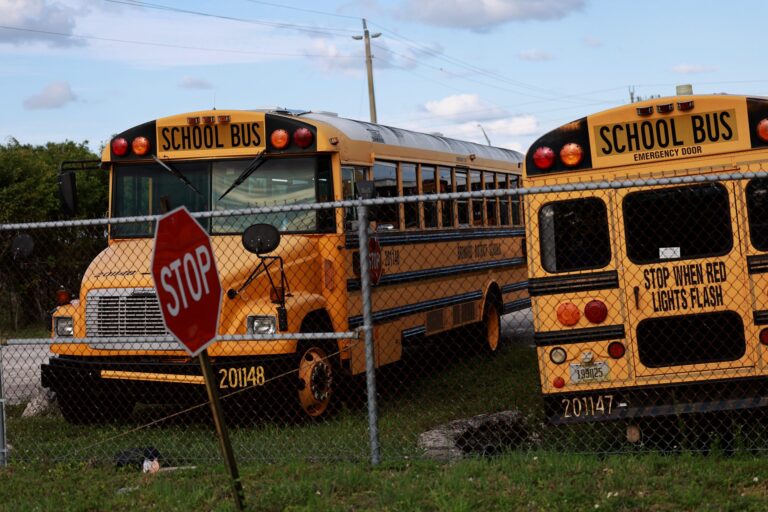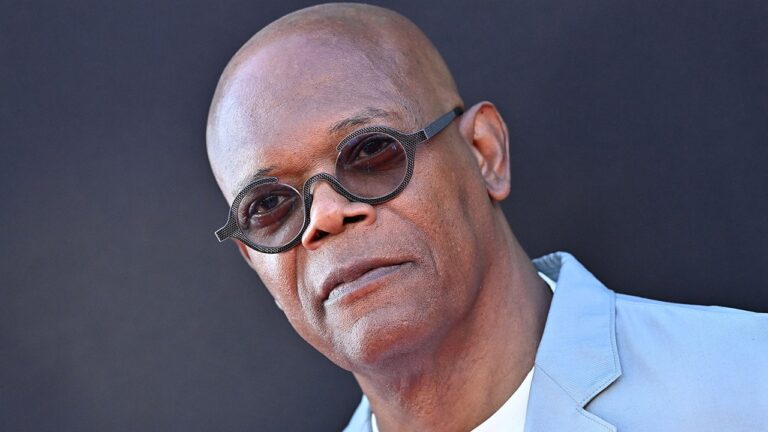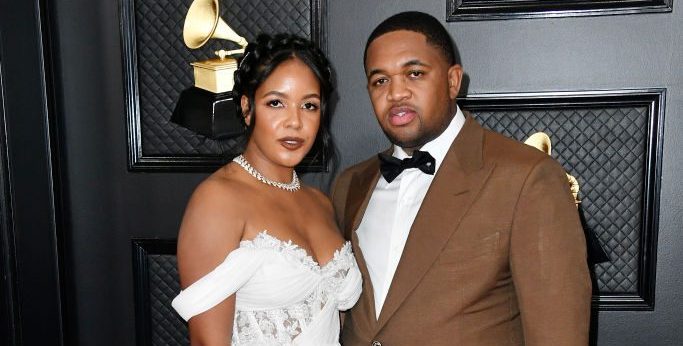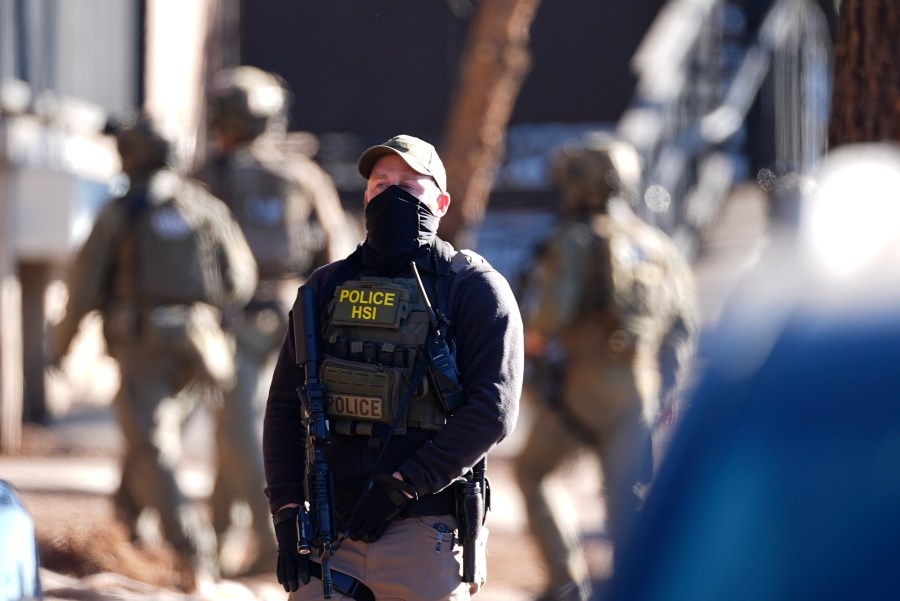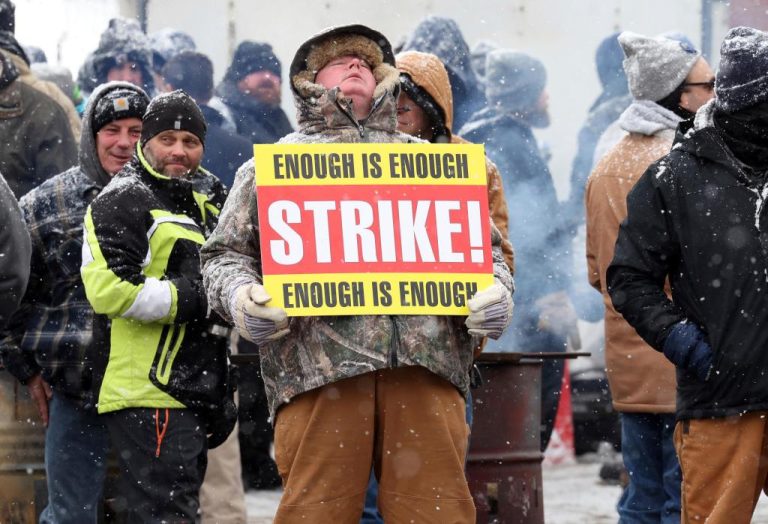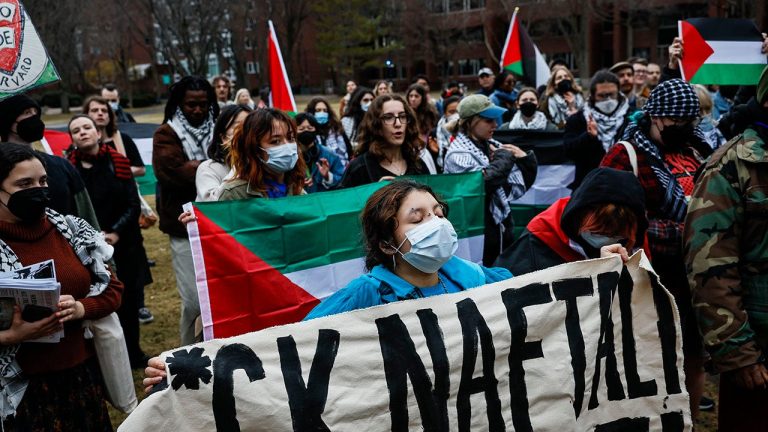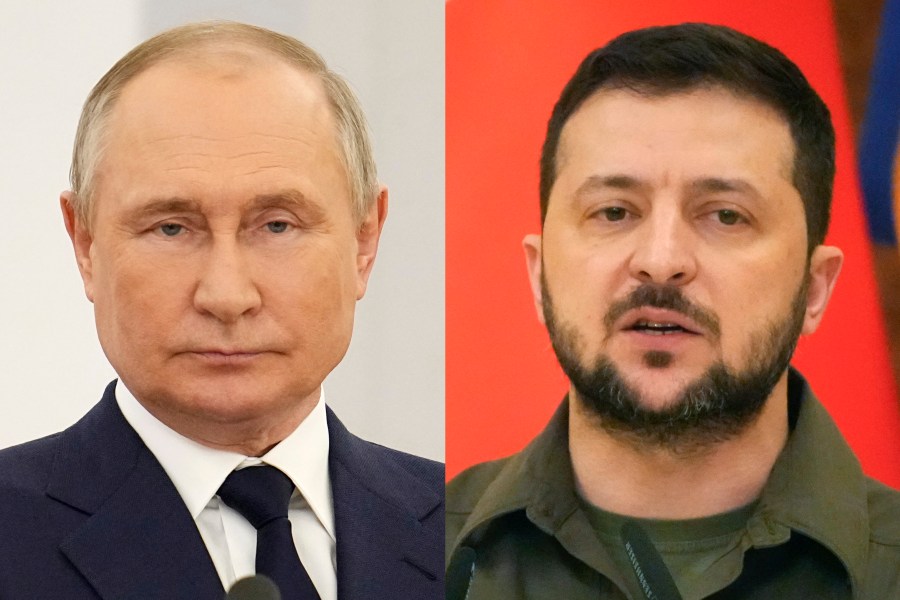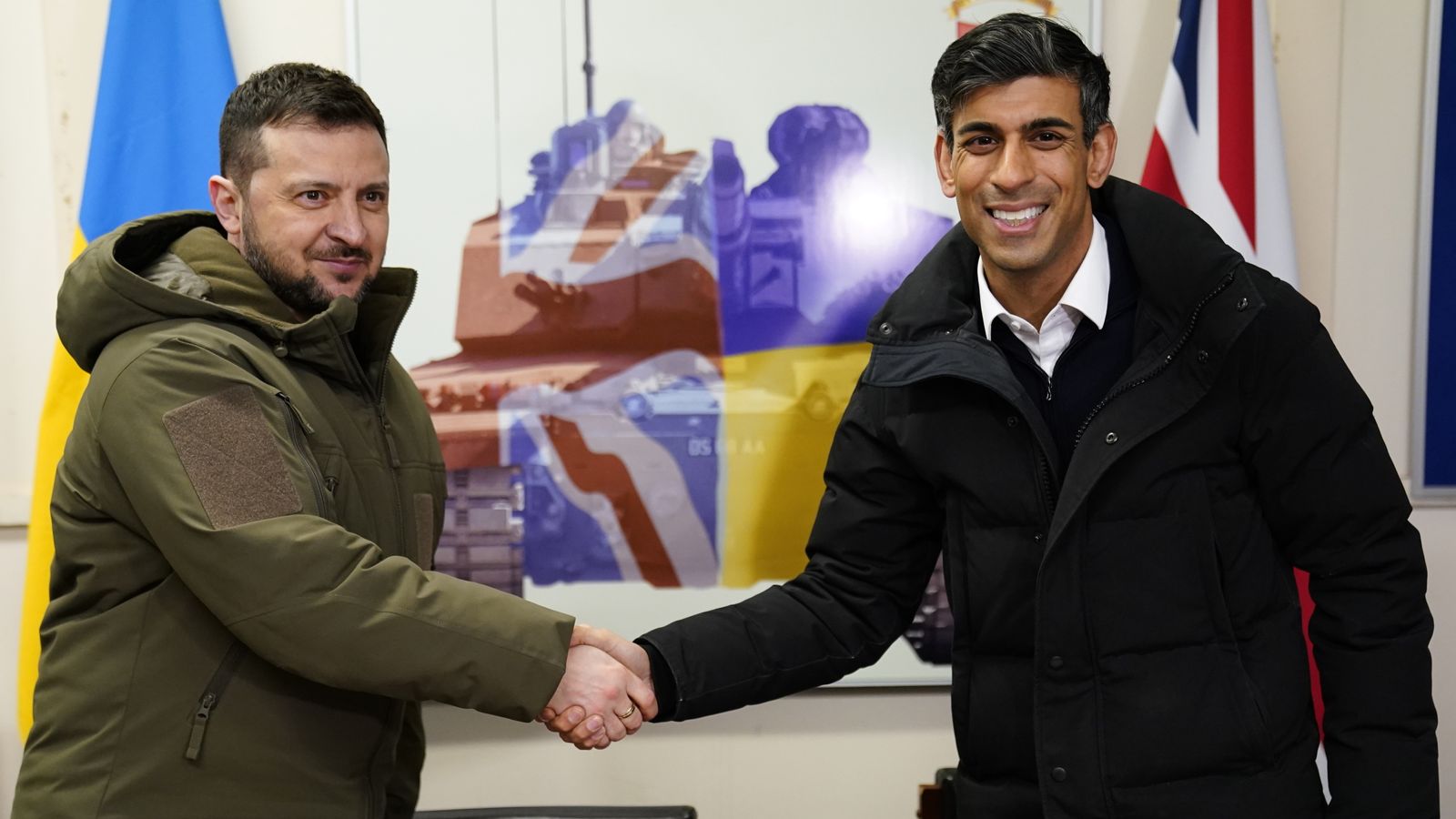
Rishi Sunak has criticised the decision by Eurovision bosses to block Ukrainian President Volodymyr Zelenskyy from addressing the event.
The European Broadcasting Union (EBU), which produces the contest, said it declined Mr Zelenskyy‘s request to address the audience on Saturday in order to avoid politicising it.
Mr Sunak’s official spokesman said the prime minister was “disappointed” by the move – though he suggested there are no plans to ask the EBU to change its mind.
He told reporters: “The prime minister believes it would be fitting for President Zelenskyy to address the event and we’re disappointed by the decision from the European broadcasting union.
“The values and freedoms that President Zelenskyy and the people of Ukraine are fighting for are not political, they’re fundamental, and Eurovision themselves recognised that last year when they rightly suspended Russia’s participation from the competition.”
Liverpool is hosting this year’s event on behalf of Ukraine, which won last year, because the war-torn nation is unable to do so.
Mr Zelenskyy had wanted to make an unannounced video appearance and had been expected to implore the global audience of millions to continue backing his country in its fight to repel Russian invaders.
The EBU said the Ukrainian president had “laudable intentions” but “regrettably” his request was against the rules.
“The Eurovision Song Contest is an international entertainment show and governed by strict rules and principles which have been established since its creation,” it said.
“As part of these, one of the cornerstones of the contest is the non-political nature of the event.
“This principle prohibits the possibility of making political or similar statements as part of the contest.”
The EBU also noted that 11 Ukrainian artists, including last year’s winners Kalush Orchestra, are set to perform, while 37 locations from around Ukraine will also be shown.
However, its decision has faced mounting backlash from politicians.
Labour leader Sir Keir Starmer said it was “vital that we all continue to keep the plight of the Ukrainian people front of mind as they stand up to Russian aggression on behalf of us all”.
“Eurovision is an expression of unity and freedom, and President Zelensky should be able to address it as a great defender of both,” he said.
Former prime minister Boris Johnson said on Twitter that “it would have been right to hear from President Zelenskyy” adding: “There is only one reason the contest is not in Ukraine and that is because of Putin’s illegal war.”
Conservative MP Damian Green, who is acting chairman of the cross-party culture select committee, also called it “wrong to deny President Zelenskyy a chance to speak”.
“The viewers made their feelings known last year by voting for Ukraine and the rest of Europe should respect that,” he tweeted.
The row comes after the full line-up of the grand final was revealed following the second knockout round on Thursday night.
Read More:
The ultimate guide to Eurovision 2023
UK hosting Eurovision for Ukraine is ‘special moment of unity’
Contest votes ‘protected from Russian threats’
After 16 countries competed, the 10 remaining spots went to Poland, Australia, Cyprus, Albania, Estonia, Belgium, Austria, Lithuania, Armenia and Slovenia.
The 10 countries that qualified from Tuesday’s semi-final were Croatia, Moldova, Switzerland, Finland, Czechia, Israel, Portugal, Sweden, Serbia and Norway.
They will join the so-called “big five” nations – the UK, Germany, France, Italy and Spain – who each get a free pass because of their financial contributions to the event, along with last year’s winners Ukraine.
Click to subscribe to the Sky News Daily wherever you get your podcasts
The Eurovision grand final on Saturday will air live on BBC One.
Earlier this week, Mr Zelenskyy said he would have preferred it to take place in a neighbouring country.
Speaking to the BBC, he said: “I have great respect for the United Kingdom and its society. It is an amazing country.
“From the very start my opinion has been that if we can’t host Eurovision it should take place in one of the countries that share a border with us, such as Slovakia, Poland or any other country which our people can reach easily. Something nearby.”


